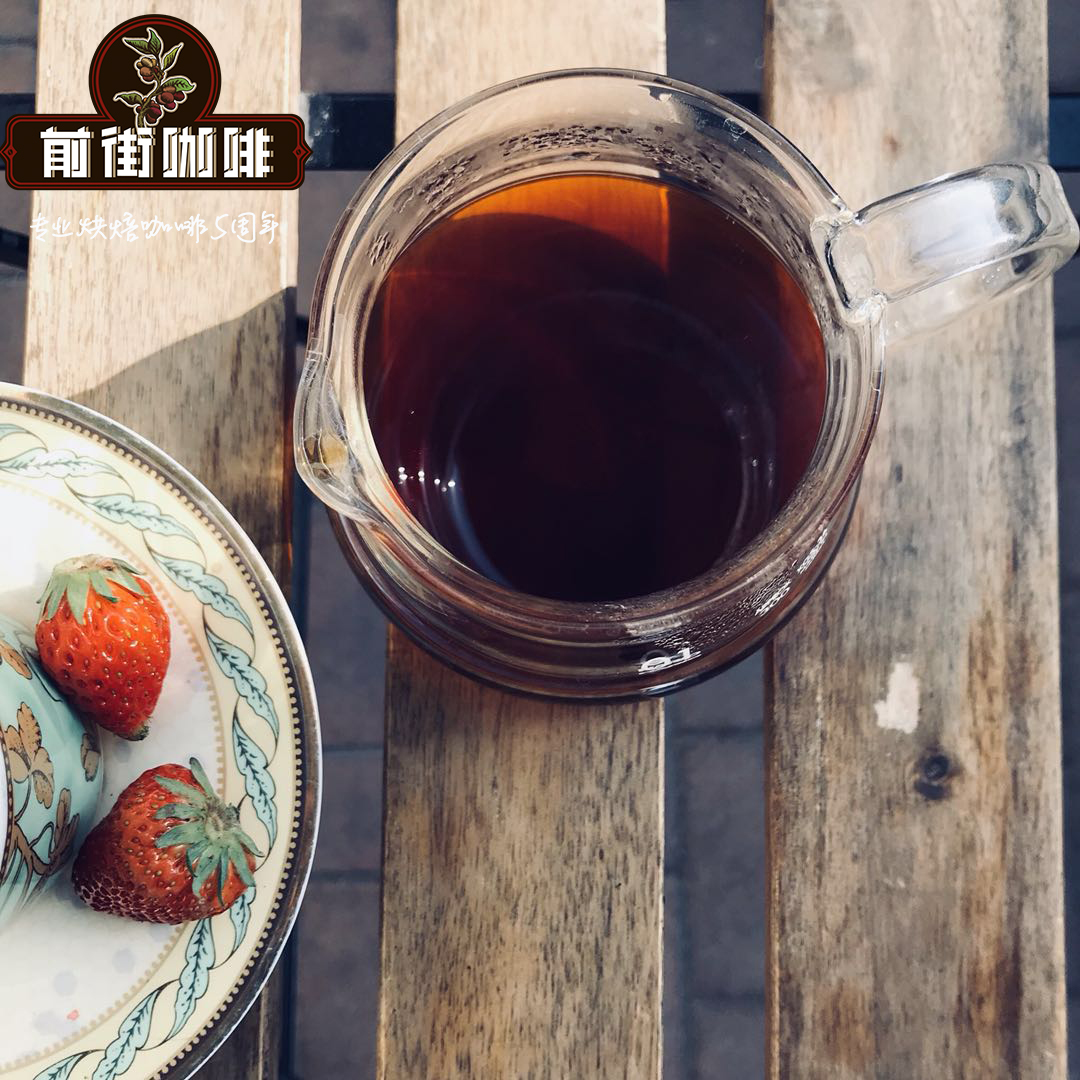El Salvador pacas Pacas Coffee Variety El Salvador Coffee Harvest season

Professional coffee knowledge exchange more coffee bean information please follow the coffee workshop (Wechat official account cafe_style)
In botany, coffee tree belongs to the evergreen tree of subgenus Rubiaceae. Coffee bean is the seed of coffee tree fruit, among which there are three major varieties: Arabica, Robusta and Liberica. Different subspecies can not be mixed among these three varieties. All the fine coffee in the world comes from Arabica species, and there are various subspecies of Arabica coffee, such as evolution, hybridization, mutation and so on.
Arabica coffee variety Pacas (Pacas)
Belongs to the Bourbon strain, that is, the natural variety of bourbon (Mutation). First discovered and selected in El Salvador in 1949, the biggest difference with bourbon is that the plant is shorter, the fruit is clustered, and the yield is the same, but the flavor performance is much better than that of Caturra, a close relative with a short bourbon nickname, so it is often used as the basis of breeding. The most famous case is the hybrid offspring of Pacas and Maragogype-Pacamara.
The active volcanic activity in El Salvador brings mineral-rich volcanic ash to the country. In the soil dominated by volcanic ash, there are more minerals and less organic matter. Therefore, in order to maintain the geographical location and make up for the lack of organic matter, farmers in the country will use the pulp residue of treated coffee beans or organic matter under coffee trees as fertilizer to make up for the lack of organic matter in the soil. Make the planting of coffee trees more able to produce coffee beans with harmonious taste.
The country's most meaningful initiative is to introduce organic agriculture to the world, cultivating more than 150000 tons of organic coffee every year. Sa coffee has five major producing areas (Apaneca, Central Belt, Chichontepec, Tecapa& Cacahuatique Mountain Range), which are generally distributed in the volcanic ash-covered mountain slopes or plateau areas at an altitude of 1200 meters above sea level. November to April of the following year is the coffee harvest and harvest season.
As coffee prefers a mild climate, coffee trees are mainly planted in the shade of tall trees (shade grown coffee) in order to avoid excessive temperature and direct sun exposure, affecting the quality of coffee beans.
The coffee beans produced by it belong to Arabica species, mainly from Pacas and Bourbon brands, and belong to big beans with sweet taste and excellent flavor.
The recommended brewing parameters of Qianjie coffee:
Water temperature 90 ℃, moderate grinding, ratio of powder to water 1:15, extraction time 2 minutes
Flavor description:
Herbs, cocoa wood notes, bright acidity, smooth taste.
Important Notice :
前街咖啡 FrontStreet Coffee has moved to new addredd:
FrontStreet Coffee Address: 315,Donghua East Road,GuangZhou
Tel:020 38364473
- Prev

The top ten old cafes in Paris are still very popular after 100 years of operation.
Professional coffee knowledge exchange more information about coffee beans Please follow the coffee workshop (official Wechat account cafe_style) the streets of Paris, cafes can be seen everywhere, it is a part of Parisian life. The oldest cafe in Paris, which has been open since the 17th century and remains open to this day. From the 19th century to the early 20th century, some cafes were inspired by the literary and intellectual elites of Paris.
- Next

Show the works of young designers and open the Starbucks Kyoto BAL store.
Professional coffee knowledge exchange more coffee bean information please follow the coffee workshop (Wechat official account cafe_style) Starbucks in Japan will open a new store in Kyoto, where tradition and innovation are combined. It also supports young and talented Japanese artists to display more than 80 works of art. the new store "Starbucks Kyoto Bal" will open on March 20, 2019. Beijing
Related
- What documents do you need to go through to open a coffee shop? coffee shop coffee shop certificate processing process
- How to purchase Coffee beans in small Cafe how to choose a suitable supplier for domestic Coffee supply Company
- How to drink Starbucks Fragrance White Coffee? how to make Australian White Coffee? what Italian coffee beans are recommended?
- The Story of Flora Coffee: the name of Flora Coffee Bean and the implication of the Flowers on Florna Coffee
- How much does a cup of coffee cost? How much is the profit of a cup of coffee? What is the profit of the coffee shop in a year?
- Yunnan small Coffee, known as "fragrant Coffee", introduces the characteristics of Alpine Arabica Coffee producing areas in Yunnan, China
- 2023 latest Starbucks full menu price list how much is a cup of Starbucks coffee what is better to drink the most popular hot and cold drinks recommended
- Starbucks different kinds of Coffee Price list Starbucks menu 2023 Top Ten Best drinks in Starbucks
- Starbucks Spring praise Comprehensive matching Coffee Bean theme Story Packaging implication and taste description
- The cost of a cup of coffee latte American coffee cost price and selling price

